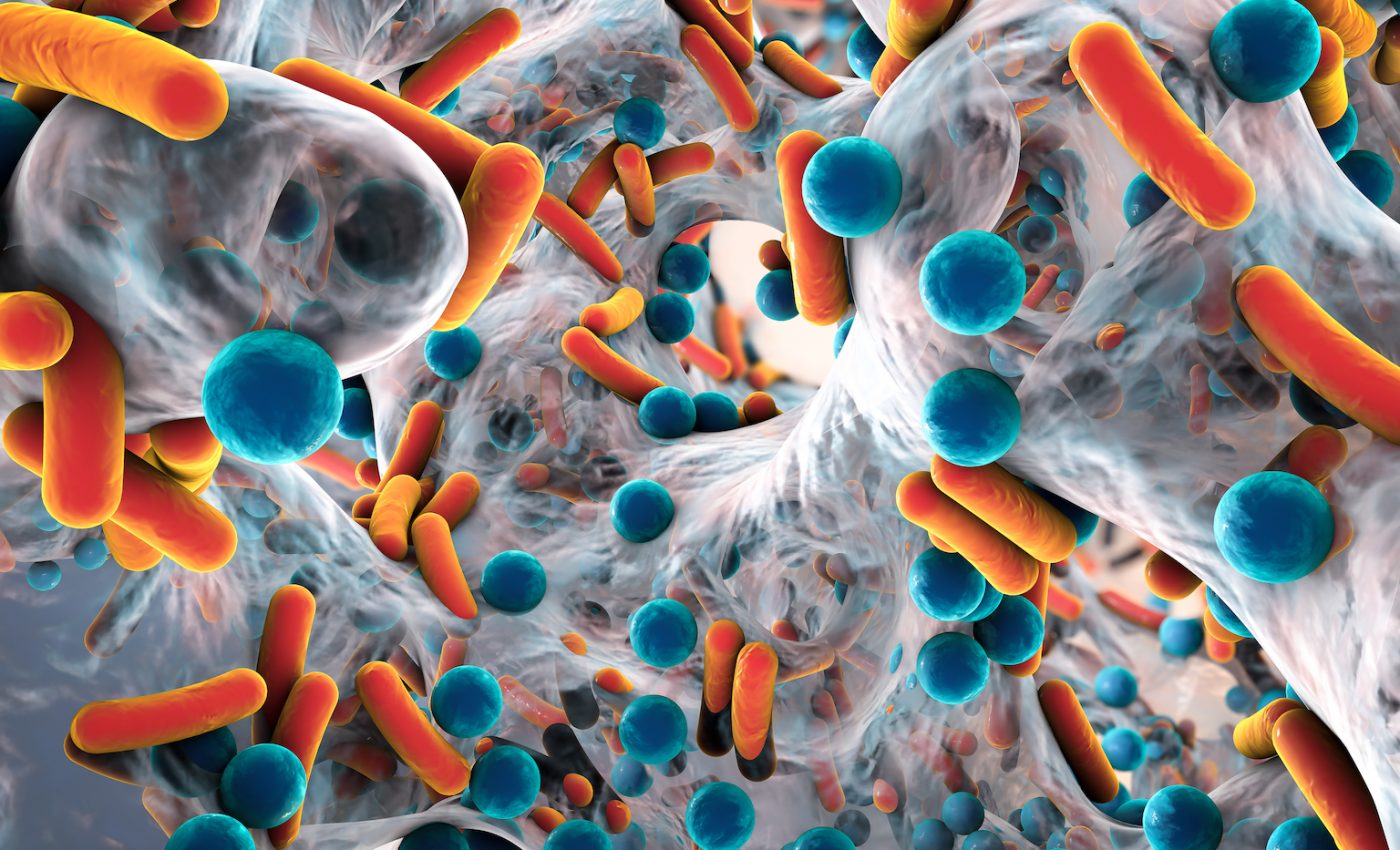
Levels of antibiotic resistance in a region can be measured in wastewater
Researchers have compared the number of antibiotic resistance genes found in the water treatment plants of seven European countries. The study revealed that the number of antibiotic resistance genes in wastewater corresponds with the number of such bacteria collected in samples from patients in that region. This number was also found to coincide with the overall antibiotic consumption in any given area.
On a positive note, the investigators determined that modern, well-functioning wastewater plants are effective in removing bacteria resistant to antibiotics from the water during the treatment process.
On the other hand, the study produced evidence that shows it is possible for a treatment plant to function as an incubator of antibiotic resistance under certain conditions. Out of 12 treatment plants studied, the number of antibiotic resistance genes increased during the purification process in one facility.
“In this study, 11 of the 12 wastewater treatment plants under investigation mitigated the resistance problem, which seems to indicate that modern plants work well in this regard,” said Marko Virta, a microbiologist at the University of Helsinki.
“At the same time, an older plant or otherwise deficient purification process may end up increasing antibiotic resistance in the environment. We need more research findings from countries with high antibiotic consumption and less developed wastewater treatment practices.”
The researchers found that antibiotic use varies greatly by country in Europe. Southern Europeans use much more antibiotics compared to people in the north, which was reflected in the finding that residents of southern Europe tend to carry a much higher number of antibiotic-resistant bacteria.
Antibiotic use was also found to be higher in Spain, Portugal, Cyprus, and Ireland, while antibiotics are prescribed and used less in Finland, Norway, and Germany. According to the study, the number of resistance genes found in wastewater bound for purification accurately represented the levels of usage in these countries.
The treatment plants were successful in eliminating resistance from most of the samples. The share of antibiotic resistance genes found in the wastewater only increased during purification at one Portuguese treatment plant, which turned the plant into an incubator of antibiotic resistance.
The research is published in the journal Science Advances.
—
By Chrissy Sexton, Earth.com Staff Writer













